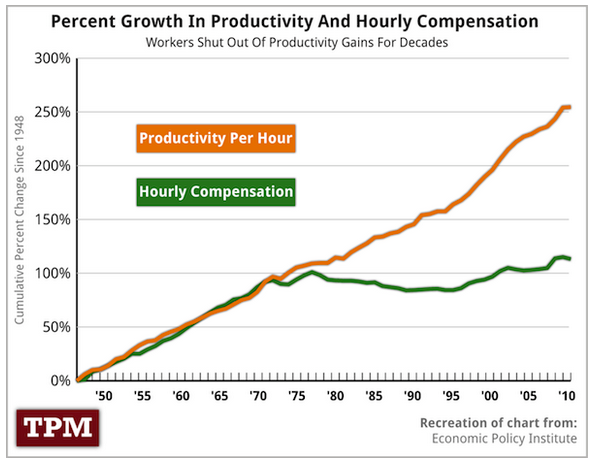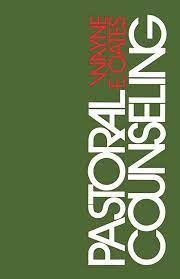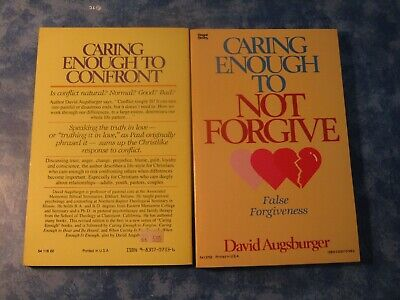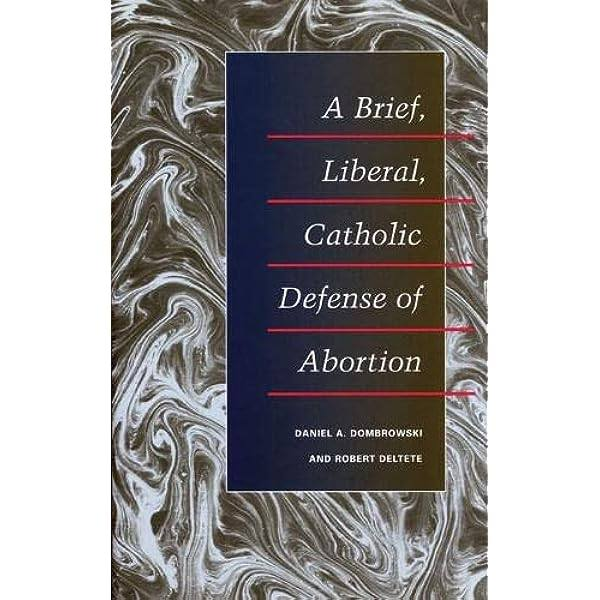I did not watch the September 27 Republican presidential debate. I did see some of the discussion afterward. Former Chair of the Republican National Committee, Michael Steele, called the debate a "crap show." The clips I saw showed the candidates behaving like pre-adolescents.
Rachel Maddow advanced a very perceptive theory that a large segment of the American electorate has decided democracy does not work. Having lost the popular vote in seven of the last eight presidential elections, and becoming a clear ideological minority, Republicans seem to want to abandon democracy, said Rachel, in favor of a strong man who will put in place the values and policies this segment desires and believes in, even if it must be imposed by force.
Someone else, I cannot remember which panel member, said something that has churned in my mind for the last 14 hours. The comment was made that this was because democracy is not helping people pay for groceries, put gas in their tank, or a roof over their heads.
OK, as a philosopher, that struck me bluntly because that statement is an example of what is called a category mistake. A category mistake is simply what it sounds like. It is when we attribute something to one category when it belongs to another. It is like talking about the color seven or the number blue.
In this instance, the category mistake is one of attributing to democracy, one category, the failures of another category, capitalism.
Disclaimer here, I am decidedly anti-capitalist. I have read over 1000 pages of the works of Karl Marx, and I think he is misunderstood. I do not think what the Soviet system gave the world is Marxism. I believe Lenin and Stalin appropriated and appealed to Marx even though what they were offering was not at all what Marx advocated. In this case, I believe Lenin and Stalin have distorted the message of Marx the same way evangelicals and nationalists have distorted the message of Jesus. (I adamantly refuse to use the term "Christian nationalism" because I do not consider that view point, nor its adherents, to be anything remotely Christian.)
My reading of Marx is that the single most important thing about what he said is what he calls surplus value. I am quoting now, the highlighted section, from a piece of mine which can be found here.
In Marx's day the average workday in a factory was 12 hours. And after roughly 6 hours, a worker had produced enough value to cover their own wages and the production costs for what work they did, for the entire day. So for the remaining six hours the worker worked solely for the enrichment of the capitalist. This is why he suggested that in capitalism the worker is a tool. I think he was correct. And one result of this is, the more productive a worker is, the less per unit the labor cost to the employer. Marx called this "surplus value," which is not totally identical to, but is roughly equivalent to, profit. By the time profits are made, that is free money to the capitalist. The capitalist, said Marx, never pays anything at all for labor because the productivity of the laborer pays the cost of labor. I think the entirety of what bothered Marx could be boiled down to this idea of "surplus value."
The category mistake is to blame democracy for the failure of capitalism. I believe in one sense capitalism is a failure, but in another it is a huge success. The success is what I describe above, capitalism has made the capitalist rich while keeping the worker in a place of economic submission. I think today's workers are viewed as economic serfs. When Sen. Tim Scott said the other day that striking workers should be fired, that is a form of serfdom. In this sense, capitalism has succeeded because its goal is to make as much profit as possible with as little expenditure on things like labor as necessary. The charts below demonstrate how "trickle-down" economics has worked in this regard. Beginning with Ronald Reagan, the goal, which it meant to achieve, has succeeded. The chart below shows how productivity has increased but wages have not. This chart demonstrates what Marx called surplus value.











